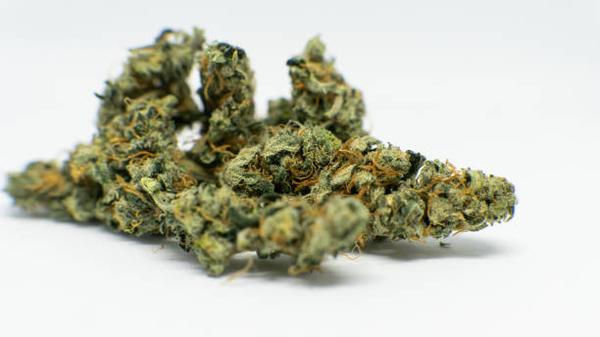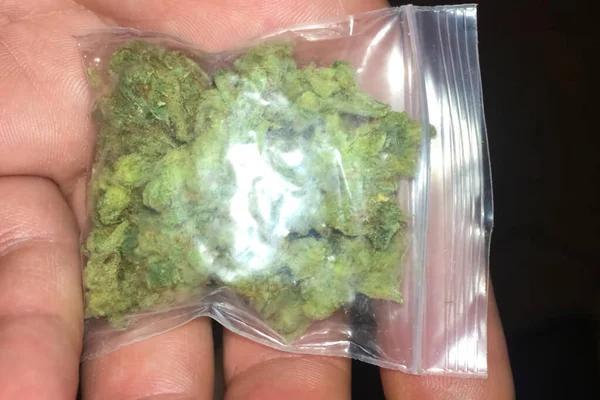The Art of Immersion: How Geng138 Slot Games Create Engaging Experiences
Immersive experiences are becoming increasingly popular in the world of entertainment, and one industry that has fully embraced this trend is online gaming. In particular, Geng138 slot games have gained a reputation for creating engaging and immersive experiences for players.
One of the key elements that sets Geng138 slot games apart from other online casino games is their attention to detail when it comes to graphics and sound design. The creators of these games understand that in order to truly immerse players in the experience, every aspect of the game must be carefully crafted to create a cohesive and engaging environment.
From stunning visual effects to realistic sound effects, every element of a geng138 slot game is designed to draw players into the world of the game. This attention to detail helps create a sense of immersion that keeps players coming back for more.
In addition to high-quality graphics and sound design, another factor that contributes to the immersive nature of Geng138 slot games is their gameplay mechanics. These games are designed not only to be visually appealing but also challenging and rewarding for players.
The gameplay mechanics in Geng138 slot games often involve complex strategies and decision-making processes that require skill and concentration from players. This level of engagement keeps players on their toes as they navigate through each level or round, adding an extra layer of excitement and immersion to the overall experience.
Furthermore, many Geng138 slot games incorporate storytelling elements into their gameplay, further enhancing the immersive experience for players. By weaving narratives into the gameplay, these games give players a sense of purpose and motivation as they progress through each level or complete various challenges.
Overall, it is clear that Geng138 slot games have mastered the art of immersion by combining high-quality graphics and sound design with engaging gameplay mechanics and storytelling elements. These factors work together seamlessly to create an unforgettable gaming experience that keeps players coming back for more.
As technology continues to advance, we can expect even more innovative and immersive experiences from online gaming companies like Geng138. With their dedication to creating captivating worlds for players to explore, it’s no wonder why these games have become so popular among gamers worldwide.
In conclusion, if you’re looking for an engaging and immersive gaming experience, look no further than Geng138 slot games. With their attention to detail and commitment to creating unforgettable worlds for players to enjoy, these games are sure to provide hours of entertainment for anyone who dares enter their virtual realms.









